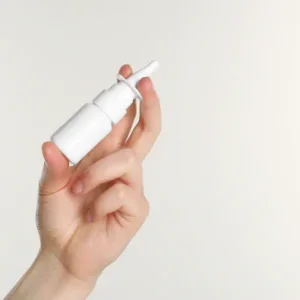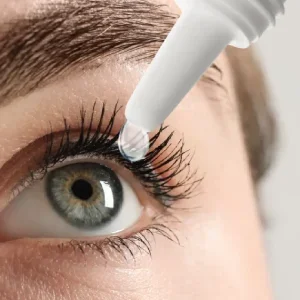Pfizer and BioNTech have finished the submission of an Omicron BA.4/BA.5-adapted bivalent Covid-19 vaccine for individuals 12 years of age and older to the European Medicines Agency (EMA).
The approval will advance the introduction of Omicron-adapted bivalent vaccines in the European Union as early as September.
The Covid-19 vaccine, COMIRNATY, comprises 15 g of mRNA expressing the wild-type spike protein of SARS-CoV-2, and the bivalent vaccine contains 15 g of mRNA encoding the spike protein of the BA.4/BA.5 variants.
According to pre-clinical findings, a booster dose of the new vaccine produced a neutralising antibody response against the original wild-type strain of Omicron as well as the BA.1, BA.2, and BA.4/BA.5 variants.
The submission is supported by safety, tolerability, and immunogenicity data from a Phase 2/3 trial of a 30-g booster dose of their Omicron BA.1-adapted bivalent vaccine.
Additionally, depending on prior variants of concern, the companies have submitted safety data from clinical trials evaluating vaccine candidates that have been modified to address various variants.
In July, Pfizer and BioNTech submitted an application to the EMA for the Omicron BA.1-adapted bivalent COVID-19 vaccine, which the Agency is presently reviewing.
On 22 August, both the firms submitted a request for Emergency Use Authorization (EUA) for a booster dose of a bivalent Covid-19 vaccine that has been modified for Omicron BA.4/BA.5 for use in people 12 years of age and older.
Both BioNTech and Pfizer worked together to develop the Pfizer-BioNTech COVID-19 vaccine, which is based on BioNTech’s unique mRNA technology.
Moderna has announced the legal procedure against Pfizer and its German partner BioNTech for patent infringement over the Covid vaccine.
The firm claims that Pfizer and BioNTech copied its mRNA technology which was developed years before the pandemic, without permission.
Moderna on its own and the collaboration between Pfizer and BioNTech were the two of the first organisations to create a vaccine for the new coronavirus.
Both companies are already fighting multiple lawsuits from other firms who say the collaboration’s vaccine infringes on their patents.






